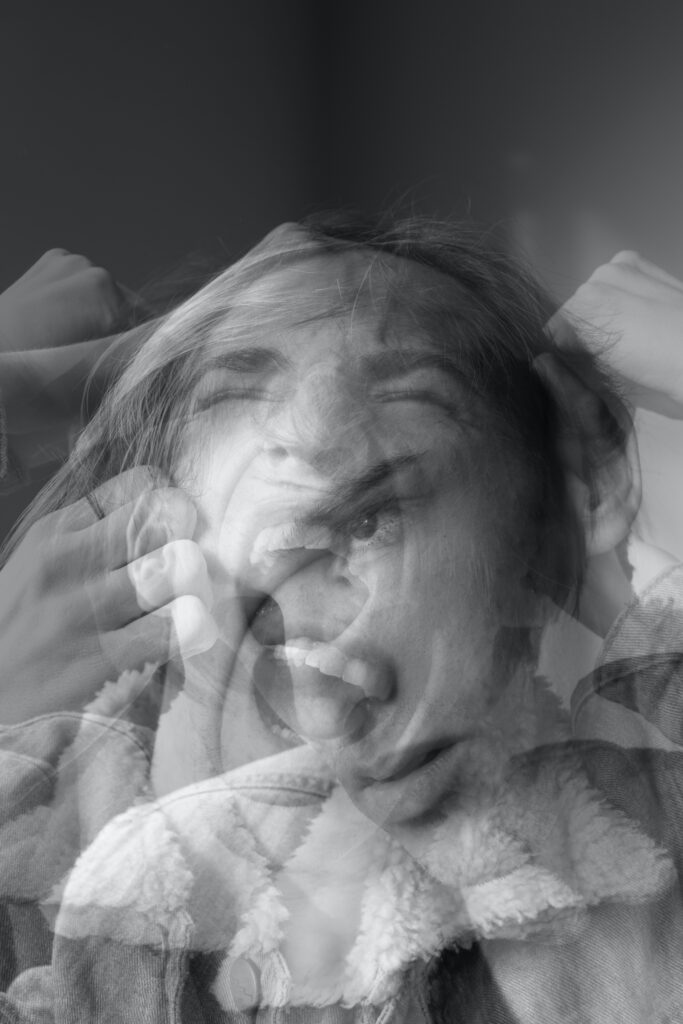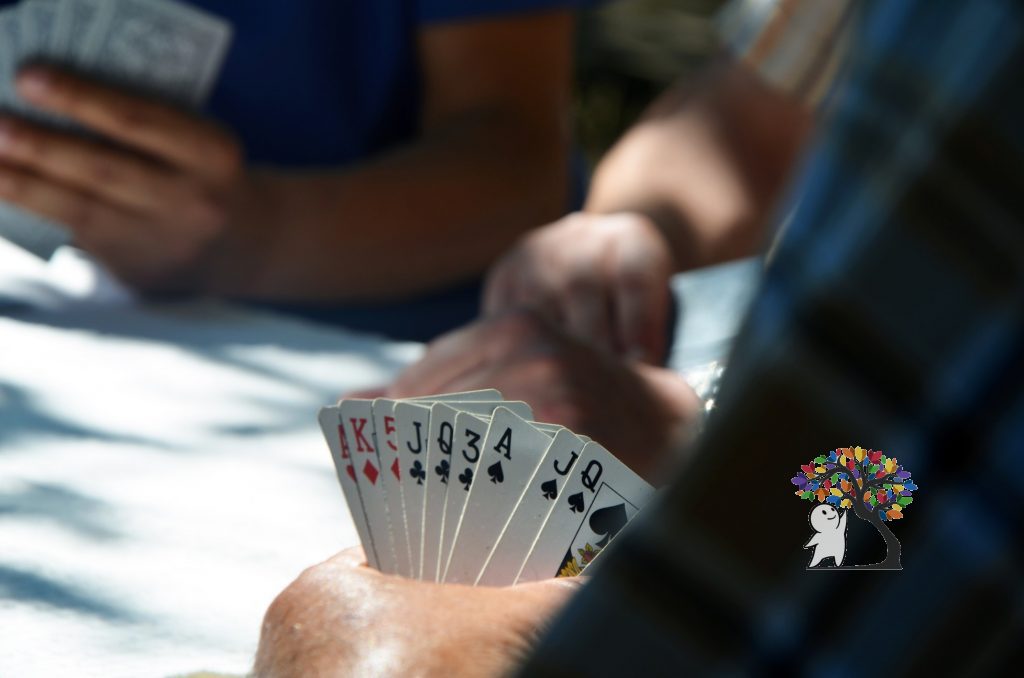5 Signs That You Were An Overly Criticized Child


Growing up being heavily criticized can have dire consequences such as carrying self-doubt, shame and a range of psychological damage with them into adulthood. It affects your self-worth, the way you take on challenges and how you relate to others.
A 2021 article published by the Journal of Experimental Child Psychology researchers “found that children, whose mothers are highly critical of them, had impaired brain activity — compared to other kids — in response to rewards and losses.” This meant that children felt their losses more acutely but their neural responses to their gains were minimized and blunted. “In the long run, it triggers a cycle of self-esteem issues and seeking validation at every corner, which continues in adulthood.”
You may have grown up in an environment that lacked the tolerance, encouragement and flexibility that would have been more conducive for you. While your guardians meant well, they may have not communicated in healthy ways or helped you create high self-esteem.
If you find yourself feeling extremely heartbroken or defensive when the thought of criticism arises, here are 5 signs that you were an overly criticized child that you might identify with. By looking at the origins of this hypersensitivity to criticism, you can start creating positive, true patterns and developing a healthier relationship with criticism.
Hesitant to Try New Things

While making mistakes is normal, for you, it’s catastrophic. The fear of making mistakes keeps you from taking risks. You have a deeply entrenched fear of not being capable that paralyzes you. A 2013 study by Madjar, Voltsis & Weinstock explained this behavioral pattern, stating that “… self doubt & low confidence make it hard to trust your ability to rise to the occasion for a new endeavor. You often wind up playing it safe & choosing not to try rather than risk failing.”
As much as you’re trying to protect yourself, you tend to lose out on opportunities that interest you. To help shift your mindset, try doing something small that’s new that doesn’t completely shake you out of your comfort zone but gets you accustomed to taking a bigger leap. You can shower with cold water for a few seconds, or try a five minute stretch, for example. By starting small, you’ll be better able to try out new things.
Struggle With Accepting Affection

Imagine wearing a T-shirt of your favourite music group. You’ve found an occasion to wear it and it makes you feel a little bit better on the inside. As you’re doing your own thing and in your own world, you hear, “hey, that’s a cool shirt.” You start feeling uncomfortable. You’re not used to receiving compliments because you feel like you don’t deserve them. So you brush it off and reply with “it’s old/it’s not even mine/”.
When you’re raised with excessive criticism, you might have received sporadic affection, very little or none at all. So you may resort to minimizing compliments and feeling anxious about demonstrations of affection towards you. You find it hard to believe that anyone truly likes you. A 2015 psychological study by the University of Brisbane stated that sometimes, you might believe that those closest to you are fed up with you. A practice to adopt to help with this would be performing small acts of kindness to yourself, the way you would to someone who deserves care. You can say kind things about your outfit, your sense of humor or praise yourself for a task you completed that you struggled with.
If you find this video helpful, please give it a thumbs up or subscribe for more! It helps us so much and we get to keep delivering more wholesome content.
Prone to/May Suffer From Depression & Anxiety

A study by McLeod in 2007 showed that the result of this negative self-talk and sense of inadequacy that comes from being criticized as a child is the high possibility of developing depression and social anxiety. Because you criticize yourself for being depressed, you develop an even lower mood and self loathing and the cycle continues.
A practice you can do to help with negative self-talk is to say affirmations that are true to you and more grounded in your current state of mind. Instead of saying “I’m a failure who only makes mistakes”, reframe it and say “it’s okay to fail because I learn from it”, “I give myself grace when I make a mistake.”
PLEASE SEEK PROFESSIONAL HELP IF YOU STRUGGLE WITH MENTAL HEALTH.
You Struggle With Trusting Yourself

Picture this: a good friend is asking you for your opinion on something. You tell them to just do what they want but they insist that you give them an answer. You adore them but they do this more often than not. You wonder why they can’t just make up their own mind. Now what if that friend was you?
A sign of being overly criticized is not being able to trust yourself. As a result of your guardians constantly questioning and belittling everything you do, they created a lack of trust in your own ability to believe that you know what’s best for you and to make your own decisions. You have a loud inner critic, you feel incapable of facing daily challenges and struggle with self-compassion. A daily practice you can incorporate to help you develop self trust is to set a small task and complete it. By doing this, you start proving that you can do challenging things & you know what’s best for you.
Hypersensitive to Criticism

Criticism isn’t evil but if you’ve grown up being the target of your guardians’ criticism, you can definitely feel like those kinds of comments are personal attacks. Even neutral comments can be morally damaging.
Maybe you feel like you have thin skin and critiques can burn you. It’s extremely exhausting to take observations personally and most of the time, you can’t help it because you know no other way. This mindset can be changed through consistent effort. A way to start being less emotional about criticism, whether positive or negative, is to ask yourself if it’s true? If it’s helpful? And can you develop from it? By analyzing the criticism, you can see it more objectively and decide whether you want to use it as an opportunity for growth or if it’s criticism that’s malicious in its intent.
FINAL THOUGHTS
Do you recognize any of these signs within you or someone you know? While this list doesn’t contain all of the signs, it can be a good starting. If this is something you resonate with, please consider the strong possibility that you’re not defective in the ways that you’ve been programmed to believe. Maybe this self image is a lie that someone else told you is who you are.
And the good news is, with consistent practice, you can break away from these automatic negative reactions and develop your own new thoughts based on the truth of who you really are.
REFERENCES
*Gillihan, S. J. (2022, December 8). 16 signs of being raised by a highly critical parent . Psychology Today. https://www.psychologytoday.com/intl/blog/think-act-be/202212/16-signs-you-were-raised-by-a-highly-critical-parent%3famp
*Johnson, E. B. (2019, April 8). Growing up critical: How to recover from an overly critical childhood. Medium. https://medium.com/practical-growth/how-to-recover-critical-childhood-fd201f826e11
*Li, P. (2023, June 13). How to deal with a critical parent & 9 harmful effects they cause. Parenting For Brain. https://www.parentingforbrain.com/critical-parents/
*Madjar , N., Voltsis, M., & Weinstock, M. P. (2013, December 3). The roles of perceived parental expectation and criticism in … tandfonline. https://www.tandfonline.com/doi/full/10.1080/01443410.2013.864756
*Pepping , C. A., Davis, P. J., & O’Donovan, A. (2014, September 5). Individual differences in self-compassion: The role of attachment and … tandfonline . https://www.tandfonline.com/doi/abs/10.1080/15298868.2014.955050?tab=permissions
*Rakshit , D., & Rakshit, D. (2022, January 28). Why growing up with overly critical parents can make people highly sensitive to failure. The Swaddle. https://theswaddle.com/why-growing-up-with-overly-critical-parents-can-make-people-highly-sensitive-to-failure/



Responses